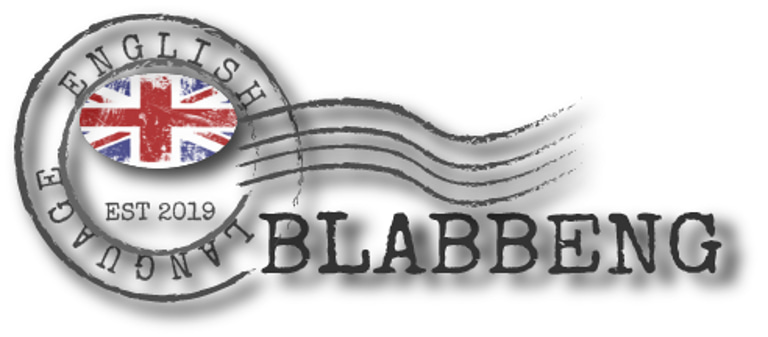
How to Revise Newly Learned Vocabulary, Grammar, or Phrases in English with Ease
Learn how to revise the newly acquired English words, phrases or grammar with our tips.
TIPS & TRICKS
by Veronika Chmelik
3 min read
Learning English is an exciting journey, but revising new vocabulary, grammar, and phrases can sometimes feel overwhelming. Don’t worry, though! There are plenty of fun and effective ways to make revision easier and more enjoyable. Here are some top tips to help you revise with ease and boost your language skills.
1. Create Flashcards for Key Terms
Flashcards are a fantastic tool for memorizing new vocabulary and phrases. Here’s how to make the most of them:
Write the word or phrase on one side and the definition or translation on the other.
Include example sentences to see how the word is used in context.
Use images to create a visual association with the word, making it easier to remember.
You can create physical flashcards or use apps like Anki or Quizlet for digital flashcards, which also offer spaced repetition to help reinforce your memory.




4. Break Down Large Amounts of Information
Breaking down large amounts of information into smaller, manageable chunks can make revision less daunting. Here’s how:
Focus on one topic at a time, such as a specific grammar rule or a set of new vocabulary words.
Set small, achievable goals for each study session. For example, learn five new words or one grammar rule per day.
Review little and often. Short, frequent study sessions are more effective than long, infrequent ones.
This approach prevents you from feeling overwhelmed and helps you retain information better.
5. Engage in Text Analysis
Analyzing texts in English can deepen your understanding of how the language works. Here’s how to do it:
Choose a text that interests you, such as a news article, short story, or song lyrics.
Identify and highlight new vocabulary, phrases, and grammar structures.
Annotate the text with notes on meaning, usage, and your own translations.
Practice using the new language by writing your own sentences or summaries based on the text.
Text analysis not only improves your vocabulary and grammar but also enhances your reading comprehension skills.
2. Use Mind Maps to Organize Ideas
Mind maps are great for visual learners and can help you see connections between different concepts. Here’s how to use them:
Start with a central theme (e.g., a grammar rule or a topic like “travel”).
Branch out with related ideas, such as related vocabulary, example sentences, and grammar points.
Use colors and images to make your mind map visually engaging and easier to remember.
Mind maps can help you break down complex information into manageable chunks, making it easier to understand and recall.
3. Compile Detailed Revision Notes
Taking detailed revision notes can help consolidate your learning. Here’s how to do it effectively:
Summarize key points in your own words. This helps reinforce your understanding.
Use bullet points to keep your notes clear and organized.
Highlight important information with different colours to make it stand out.
Include examples to show how grammar rules or vocabulary are used in context.
Review your notes regularly to keep the information fresh in your mind.


Feel free to share this post with fellow English learners and let’s build a supportive community. Keep practising, stay motivated, and soon you'll see amazing progress in your English skills!
Bonus Tip: Make Revision Fun!
Incorporating fun activities into your revision can keep you motivated and engaged. Here are some ideas:
Play language games like Scrabble or word search puzzles.
Watch movies or TV shows in English and jot down new words and phrases.
Join online forums or social media groups for English learners and participate in discussions.
Let's Connect!
I hope these tips inspire and help you in your English language journey. What revision techniques work best for you? Do you have any tips to share? Leave a comment below or reach out to me directly. Remember, consistent practice and a positive mindset are key to mastering English. Let's make learning fun and effective together!
Happy revising!





